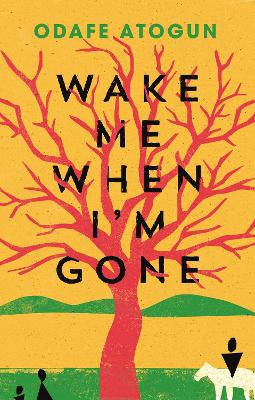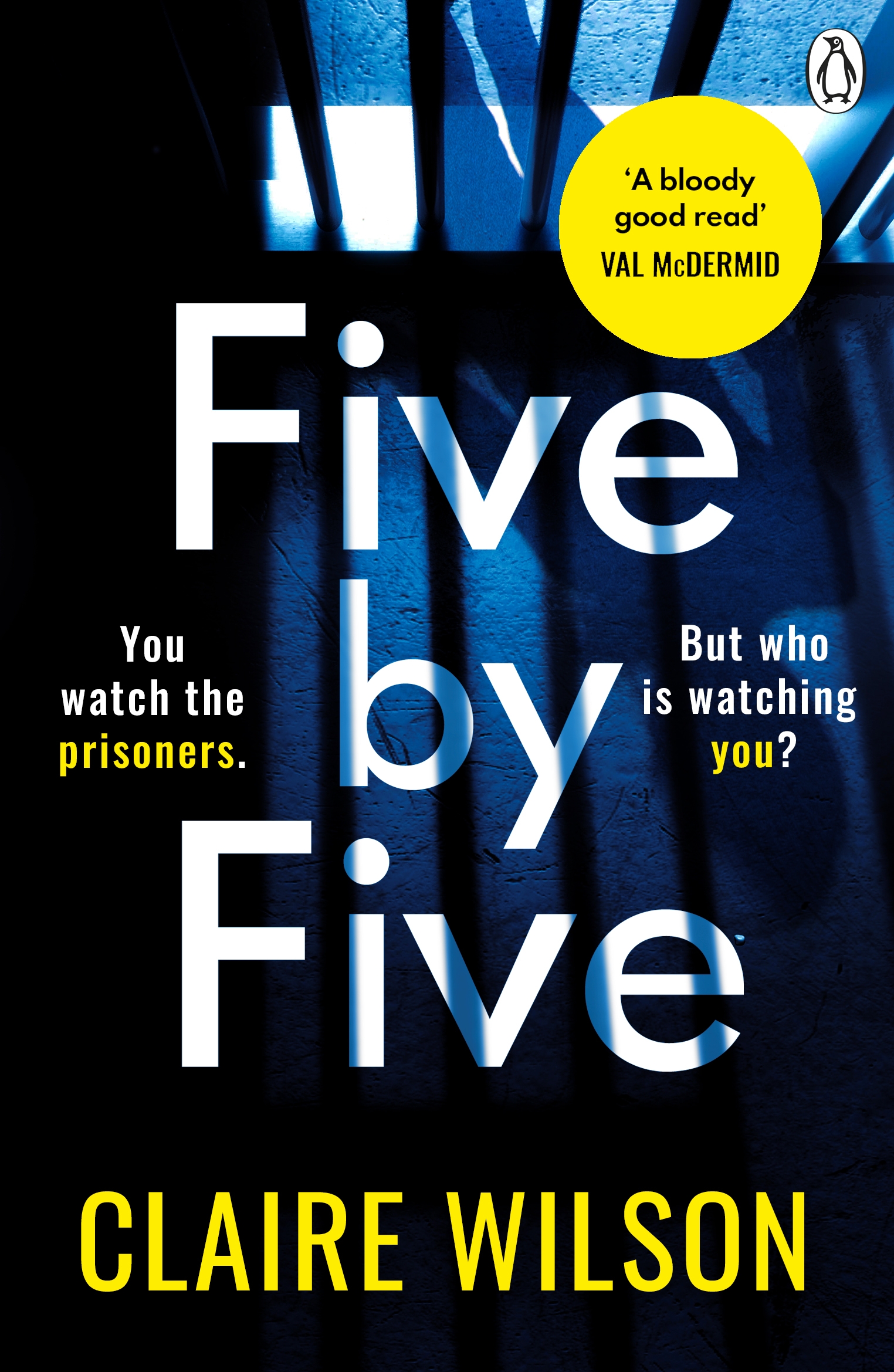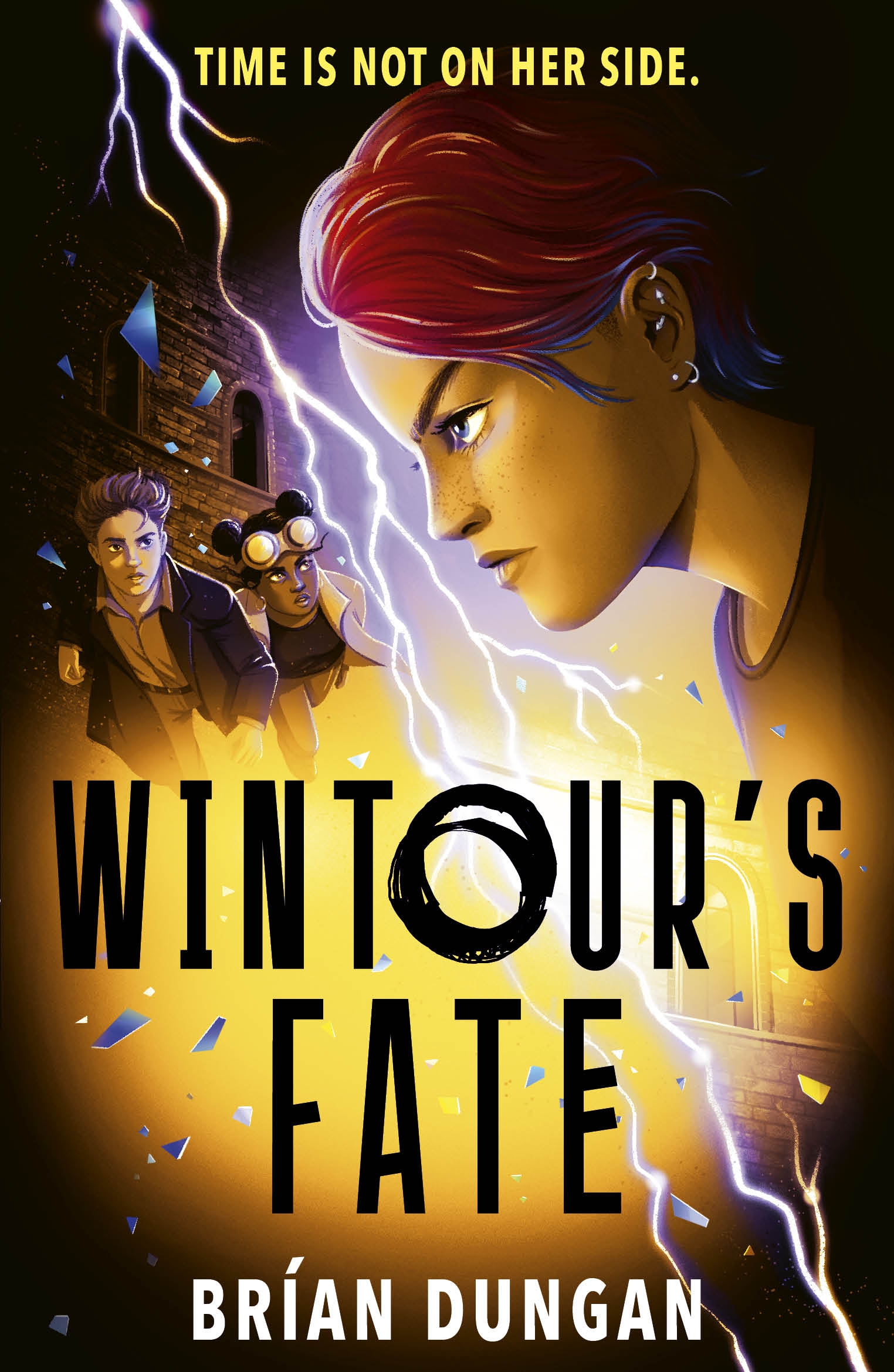Wake Me When I'm Gone

As seen:
By Odafe Atogun
avg rating
2 reviews
Everyone says that Ese is the most beautiful woman in the region, but a fool. A young widow, she lives in a village, where the crops grow tall and the people are ruled over by a Chief on a white horse. She married for love, but now her husband is dead, leaving her with nothing but a market stall and a young son to feed.
When the Chief knocks on Ese’s door demanding that she marry again, as the laws of the land dictate she must, Ese is a fool once more. There is a high price for breaking the law, and an even greater cost for breaking the heart of a Chief. Ese will face the wrath of gods and men in the fight to preserve her heart, to keep her son and to right centuries of wrongs. She will change the lives of many on the road to freedom, and she will face the greatest pain a mother ever can.
Wake Me When I’m Gone is a story of curses broken and lives remade, of great tragedy and incredible rebirth. In this, his second novel, Nigerian writer Odafe Atogun unfolds a world rich with tradition and folklore, a world filled with incredible people of remarkable strength, a world that is changing fast.
TweetReviews
This is a simple tale, yet moving for all that. It has a dreamlike quality and some developments in the story seem unlikely. Was the storyteller led by dreams or long traditions of storytelling in his culture? This could be a modern Christian parable and I did wonder if it was written as such or even aimed at children. It is a window into a culture that is fast disappearing as ancient traditions are set aside and it would be interesting for the author to revisit this scenario and develop the scene he has set.
This book tells the story of Ese, a beautiful Nigerian woman who lives in a tiny rural community. When her husband is tragically killed in a farming accident, Ese and her son are expected to conform to the cultural traditions which dictate how widows and their offspring should behave. These “laws” are enforcable by the Chief and the High Priests who prey on the fears of the local people, fears which are based on superstitions, stories that have been passed down through the generations and religious beliefs concerning the wrath of the gods. Ese refuses to conform to these customs which she sees as outdated and cruel. The path she has decided to take is not an easy one but the love she feels for her family and an inner conviction that she is doing the right thing give her the strength to carry on.
The book has a dreamlike quality which makes it feel more like a story which has been imagined or created than an actual description of something which could have happened. For me, this detracted from the impact. Personally I think it would have been more powerful if it had been plausible, but maybe I am missing the point of the storytelling traditions. Other people in the group disagreed with me on this point. Also, the language and style of writing are so simplistic that I did wonder whether this was intended to be a children’s book.
Overall I enjoyed the book and it certainly gave me an insight into the life of a small rural community in Nigeria. Most people in the group felt the same way. I assume it is a realistic portrayal of that life and I was fascinated because it is just so different from anything we come across in the Western world. I would guess that the inexorable trail of progress is soon going to erode these cultural traditions and I am in two minds as to whether that is a good thing or not.






